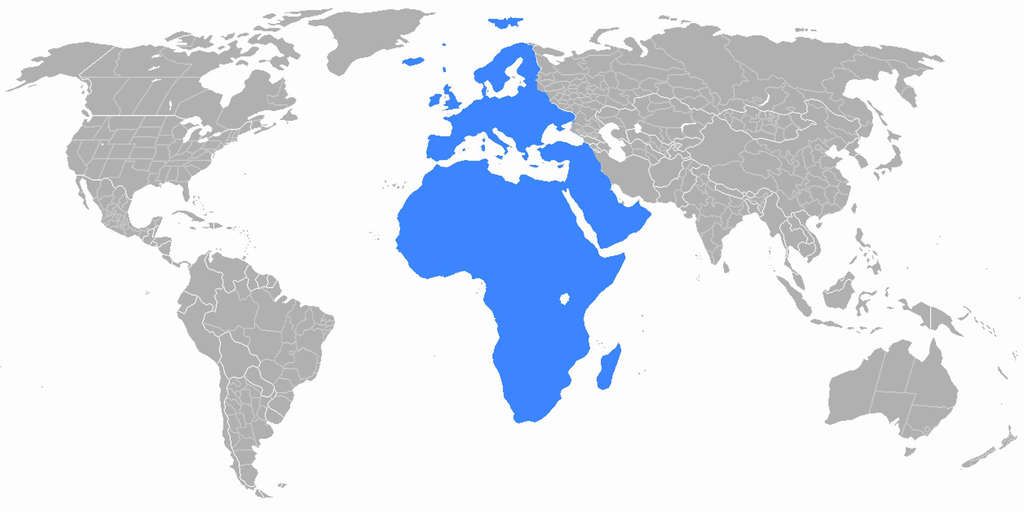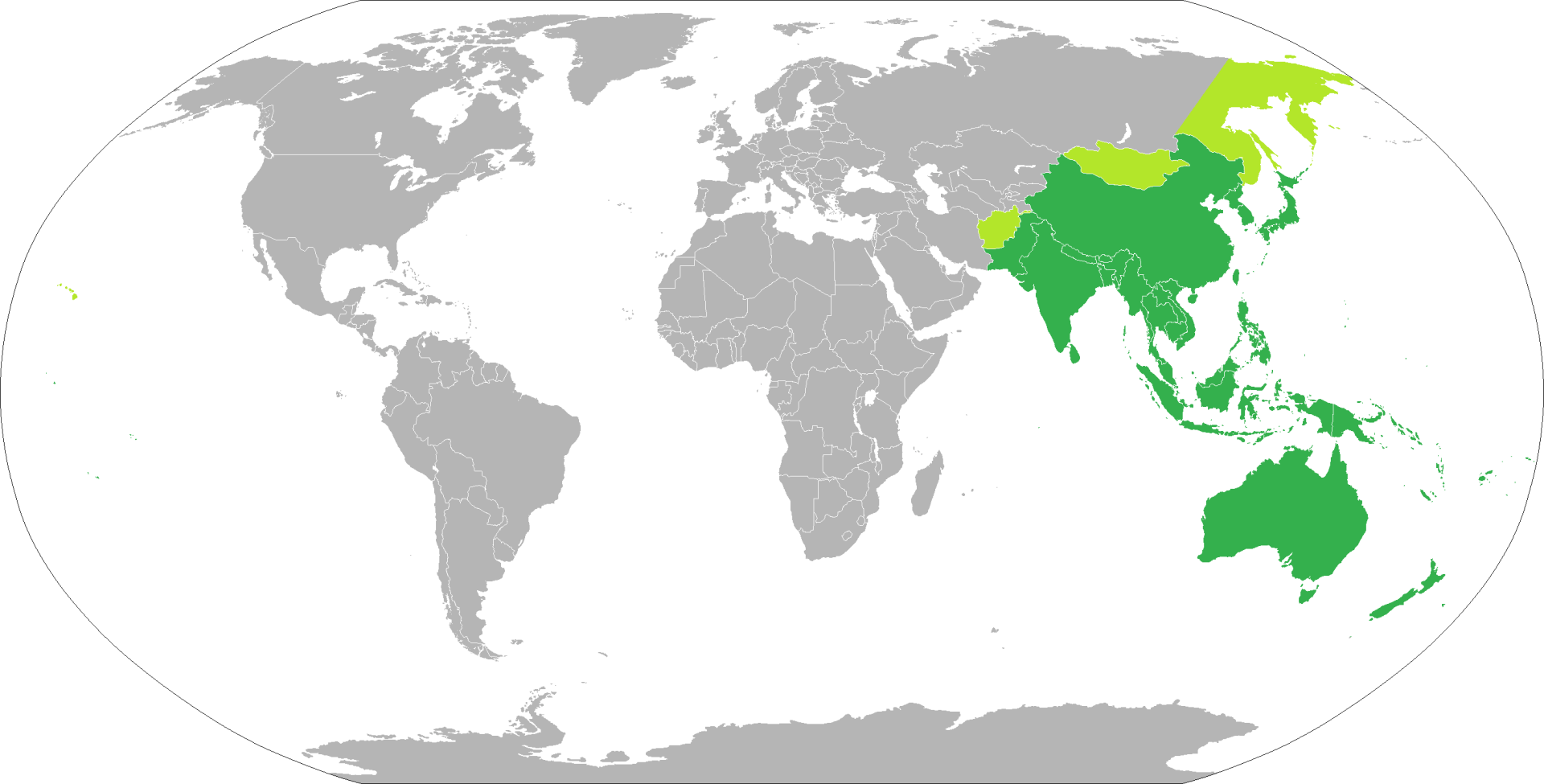I do NOT tutor iGCSE students
iGCSE maths past papers and more: PEARSON FOUNDATION
Practicing past papers should rank highly on any students list of prioritys. But practice alone, is not enough to ensure improvement and success. It vital is that the student also marks their answers and then seeks help/support to"plug" the gaps in their knowledge and understanding. This support can come from teachers/friends/family or a private tutor. Just be aware, that seeking help from too many different people, can become a hinderence to the learner. Since, different people may have differerent teaching styles and different ways of solving problems which could potentially become confusing for the learner.
I recommend that students
- Access and download a past paper.
- Mark their answers using the mark scheme.
- Seek help to understand questions you are unable to answer.
- Complete more revision on weak topic areas.
Below you will find all the available past papers, mark schemes and grade boundaries for the PEARSON iGCSE foundation examination. Also included on this page are the course's specification and other useful information, including the dates of the next examination.
Unavailable past papers
The impact of covid resulted in the cancellation of two sets of examinations
Summer 2020 = no formal examinations took place.
Summer 2021 = no formal examinations took place.
The two most recent set of past papers
are not available for public viewing, so you will not find them listed on the internet. This is because typically, schools will use the most recent past papers for their year 11 mock examinations.
This examination comprises of two papers.
Calculator Paper 1
=
Duration 2 hours
and maximum of
100 marks.
Calculator Paper 2
=
Duration
2 hours
and maximum of
100 marks.
The scores from each paper are combined to give the students examination total
score. A maximum of 200 marks is possible.
For example, a student with a total score of 100 achieved 100 out of 200 = 50%.
Using the table below, in June 2018 this student would be awarded the examination grade 3.
| Region 1: foundation | 5 | 4 | 3 | 2 | 1 |
|---|---|---|---|---|---|
| June 2018 | 68.0% = 136 | 55.0% = 110 | 40.0% = 80 | 25.5% = 51 | 11.0% = 22 |
| Jan 2019 | 68.5% = 137 | 56.5% = 113 | 41.5% = 80 | 26.5% = 53 | 11.5% = 23 |
| June 2019 | 67.0% = 134 | 57.0% = 114 | 42.0% = 84 | 27.0% = 54 | 02.0% = 24 |
| Jan 2020 | 72.5% = 145 | 60.0% = 120 | 44.0% = 88 | 28.0% = 56 | 12.0% = 24 |
| Nov 2020 | 59.0% = 118 | 46.5% = 93 | 34.0% = 68 | 22.0% = 44 | 10.0% = 20 |
| COVID = June 2021 | |||||
| Nov 2021 | 58.0% = 116 | 43.5% = 87 | 32.0% = 64 | 21.0% = 42 | 10.0% = 20 |
| Jan 2022 | 59.5% = 119 | 45.0% = 90 | 33.0% = 66 | 21.5% = 43 | 10.0% = 20 |
| June 2022 | 65.0% = 130 | 50.0% = 100 | 37.0% = 74 | 24.0% = 48 | 11.5% = 23 |
| Jan 2023 = LAST | 64.0% = 128 | 49.0% = 98 | 36.5% = 73 | 24.0% = 48 | 11.5% = 23 |
| June 2023 | 70.0% = 140 | 58.5% = 117 | 43.0% = 86 | 22.5% = 55 | 12.0% = 24 |
| Nov 2023 | 69.5% = 139 | 58.0% = 118 | 42.5% = 85 | 27.0% = 54 | 12.0% = 24 |
| June 2024 | 73.0% = 146 | 60.5% = 121 | 44.0% = 88 | 27.5% = 55 | 11.0% = 22 |
| Nov 2024 | 74.5% = 149 | 62.5% = 125 | 46.0% = 92 | 29.5% = 49 | 13.0% = 26 |
| June 2025 | 75.0% = 150 | 64.0% = 128 | 47.0% = 94 | 30.0% = 60 | 13.0% = 26 |
NOTE: percentages are rounded to nearest 1 d.p.
Grade boundaries can change from year to year, as you will see in the table above. Although PEARSON work hard to produce exam papers that are of the same level of difficulty each year, small variations do occur. To compensate for this the exam board adjusts the grade boundaries.

More past papers can be found lower down on this page
The termination of January examinations. Be aware that January 2023 was the final January examination series available, as Pearson replaced it's January examinations with November examinations.
REGION 2 = AUSTRALIA, ASIA, NEW ZEALAND & the PACIFIC
Region 2: FOUNDATION iGCSE grade boundaries (5 - 1)
| PEARSON region 2: foundation | 5 | 4 | 3 | 2 | 1 |
|---|---|---|---|---|---|
| June 2018 | 68.0% = 136 | 54.5% = 109 | 40.0% = 80 | 25.5% = 51 | 11.0% = 22 |
| Jan 2019 | 70.5% = 141 | 55.5% = 111 | 40.5% = 81 | 26.0% = 52 | 11.5% = 23 |
| June 2019 | 70.0% = 140 | 57.0% = 114 | 42.0% = 84 | 27.0% = 54 | 02.0% = 24 |
| Jan 2020 | 70.5% = 141 | 56.0% = 112 | 41.5% = 83 | 27.0% = 54 | 12.5% = 25 |
| Nov 2020 | 59.0% = 118 | 46.5% = 93 | 34.0% = 68 | 22.0% = 44 | 10.0% = 20 |
| COVID = June 2021 | |||||
| Jan 2022 | 59.0% = 118 | 49.5% = 89 | 33.0% = 66 | 21.5% = 43 | 10.0% = 20 |
| June 2022 | 61.0% = 122 | 43.5% = 87 | 32.5% = 65 | 21.5% = 43 | 10.5% = 21 |
| Jan 2023 = last | 67.5% 135 | 52.0% = 104 | 39.0% = 78 | 26.0% = 52 | 13.0% = 26 |
| June 2023 | 68.5% = 137 | 54.0% = 108 | 39.0% = 78 | 24.0% = 48 | 09.0% = 18 |
| June 2024 | 70.0% = 140 | 58.5% = 117 | 42.5% = 85 | 27.0% = 54 | 11.5% = 23 |
| June 2025 | 72.0% = 144 | 61.0% = 122 | 44.0% = 88 | 27.0% = 54 | 10.0% = 20 |

Region 2: Foundation iGCSE past papers and mark schemes
The termination of January examinations. Be aware that January 2023 was the final January examination series available, as Pearson replaced it's January examinations with November examinations.
PEARSON iGCSE maths examination dates: 2025 - 2026
In a 12 month window, there are two opportunities for students to sit their GCSE maths examination. Currently, in May/June and then again in November. The majority of students will sit their GCSE at school in the May/June exam period. Those that obtain a grade 3 or lower in the summer exam are able to resit their GCSE examination in November, a few months later.
Note: Prior to 2023, the two examinations periods were January and May/June.
| 2025 | Autumn paper 1 | Autumn Paper 2 |
|---|---|---|
| Wednesday 6th November | Friday 7th November |
| 2026 | Summer paper 1 | Summer paper 2 |
|---|---|---|
| Thursday 14th May | Wednesday 3rd June |
Did you know that Pearson splits the World into regions 1 and 2?
Pearson has grouped the world into two regions based on time zones.

Region 1 foundation past papers are sat by students living in UK, Europe, the Middle East and Africa (EMEA).

Region 2 papers were used students living in ASIA, AUSTRALIA, NEW ZEALAND and the PACIFIC.
For the May/June exams, Pearson create two versions of their iGCSE maths exam, a set of papers fo zone 1 and a set of papers for zone 2. This allows more candidates across the world to sit the exams earlier in the day rather than late into the evening. However, for the retake
November exams, only one version of this International maths GCSE exam is available.
More about Pearson's Foundation Series 4MA1 (syllabus A)
Pearson (formally Edexcel) International iGCSEs are globally recognised qualifications with academic content designed specifically for international learners. This qualification is comparable to the UK reformed GCSEs in terms of the level of demand and assessment standards.


